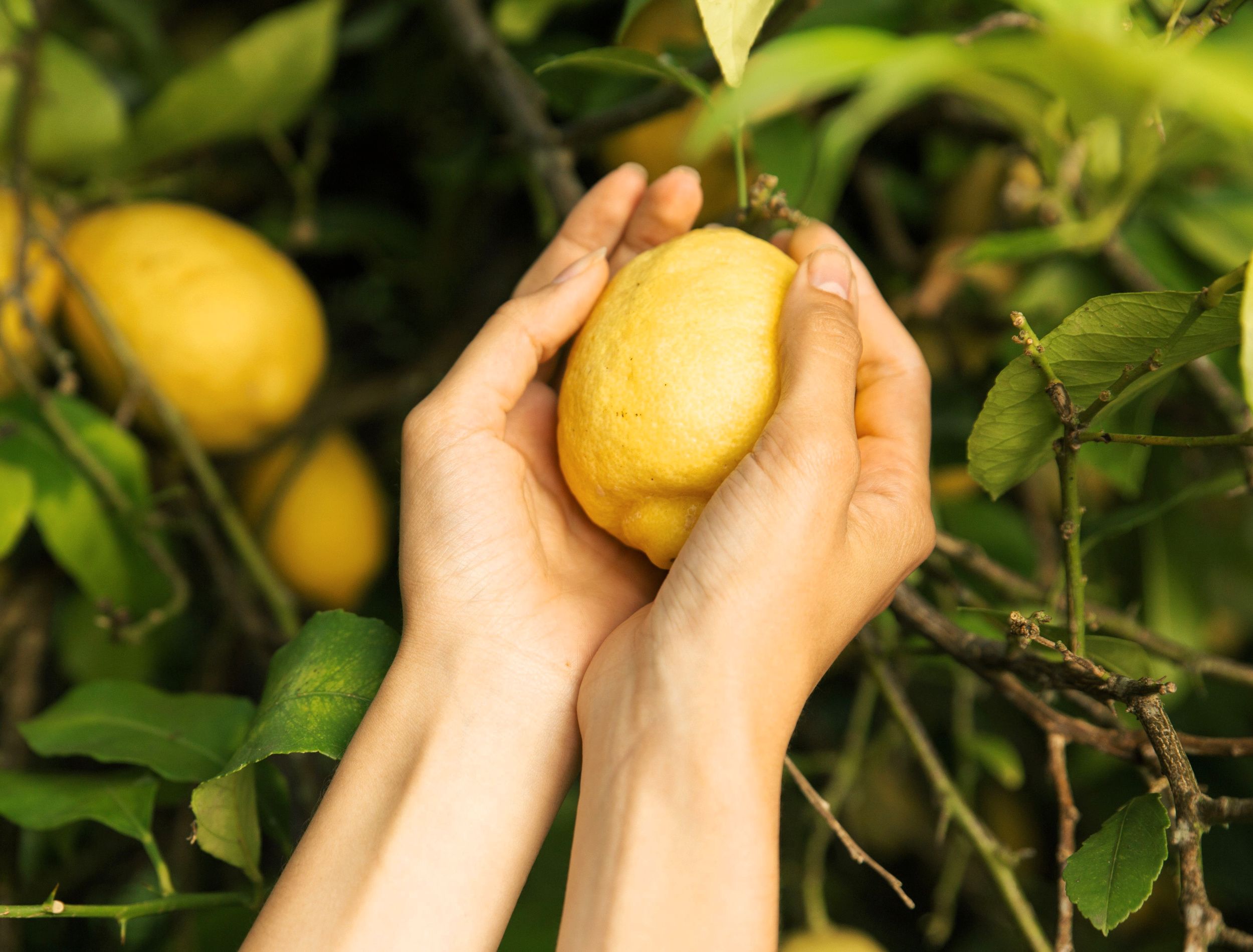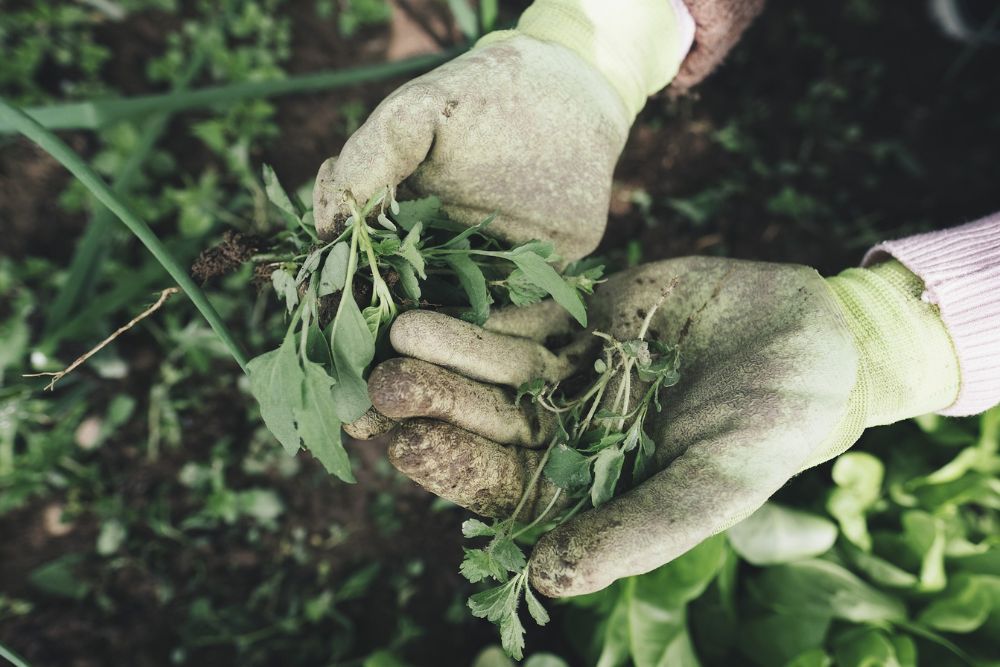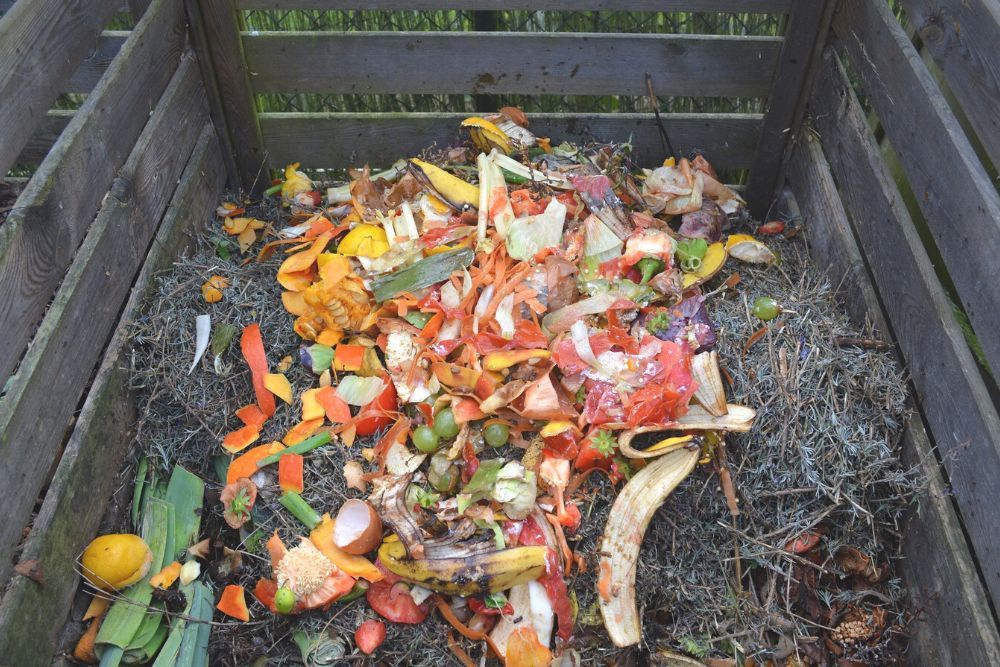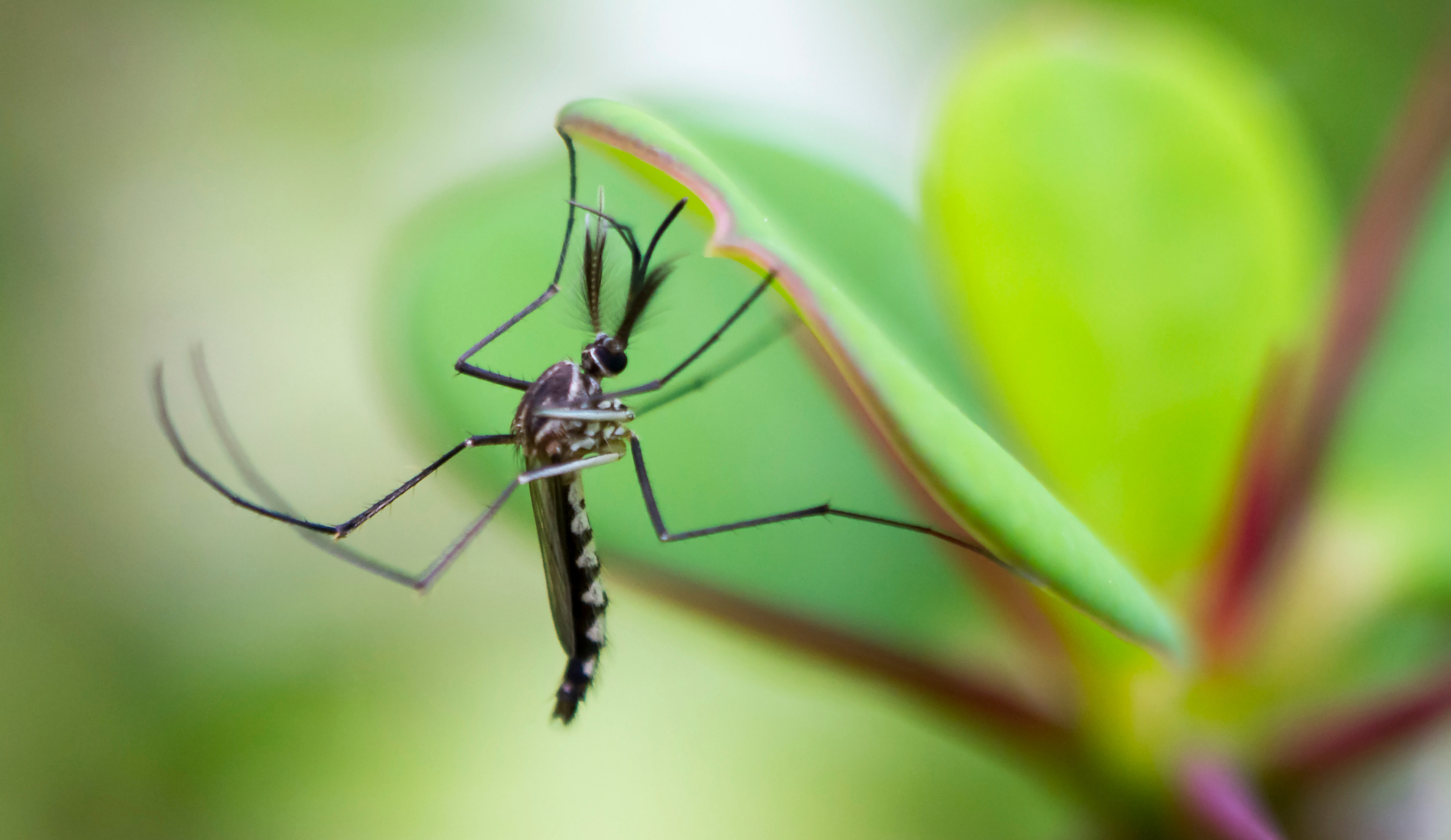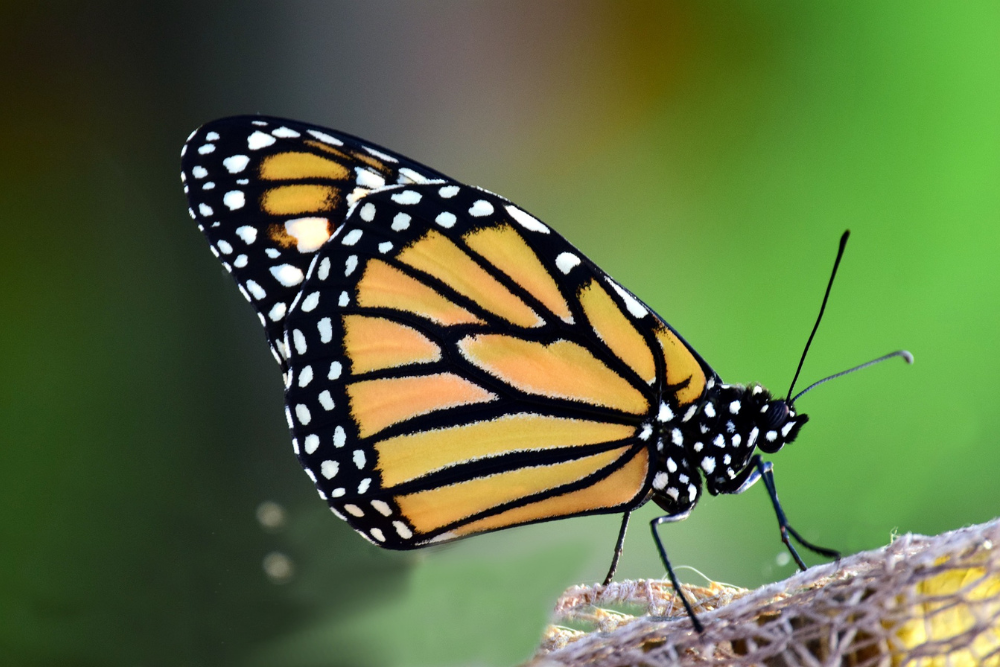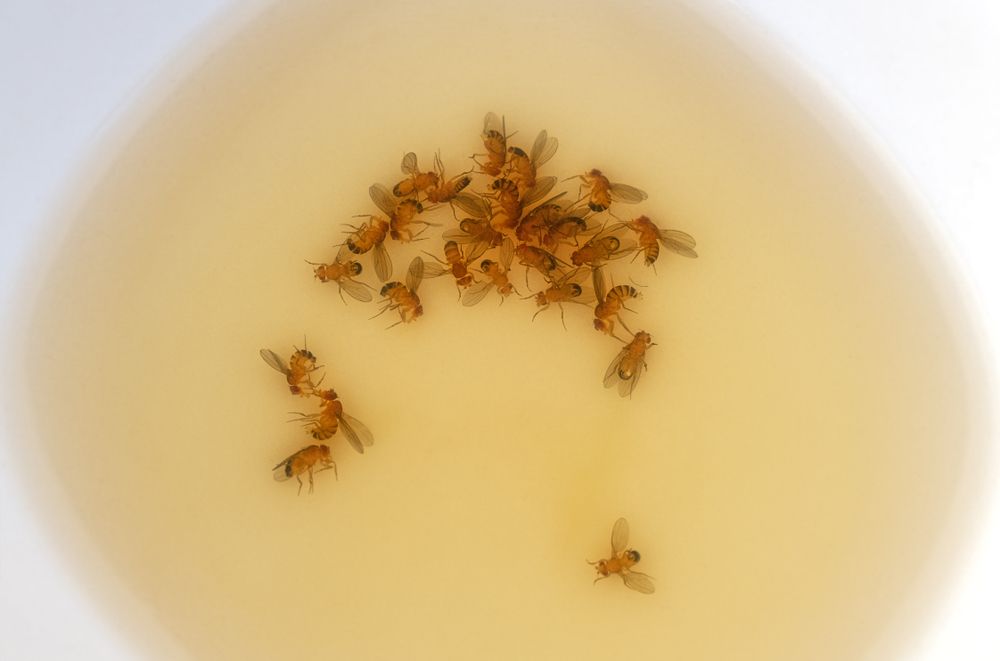Lemons are an incredible fruit for so many reasons. Their juicy, tart flavor adds a wonderful zing to food and drinks of all kinds. But lemons also have fantastic applications in your garden. From pest control to fertilizer, there are countless creative ways to use this beloved citrus fruit to enhance your outdoor area.
Explore these effective techniques and learn how adding more lemon into your life can transform your backyard space!
Deter Animals
Image credits: Jürgen via PIxabay
If you're looking for a natural, safe, and eco-friendly way to keep animals away from your garden, try using lemon rinds! Lemon deters squirrels, skunks, and cats from digging in your flower beds. These unwanted critters cannot stand the citrusy smell.
To get started, save your lemon peels throughout the winter, and preserve them in the freezer. As spring and summer arrive, bury them just under the surface of your garden once or twice a month.
Weeds
Image credits: PhotoAC via Pixabay
Keeping weeds away can be a chore whether you have a small garden or acres of land. But thankfully, one of the best uses for lemon is as a weed killer. Thanks to the citric acid in lemon juice, this natural solution works like a charm, quickly killing weeds without the need for harsh chemicals.
Spray weeds with freshly squeezed lemon juice and watch them wither away. Be careful with this spray; it will kill any plant with which it comes in contact. Use diligently.
Compost
Image credits: Ben_Kerckx via Pixabay
Composting is an easy and eco-friendly way to dispose of organic waste while creating a nutrient-rich soil amendment for your garden. And adding lemon peels to your compost pile is a great way to give it some extra acidity and nutrients.
Citrus fruits are high in magnesium, nitrogen, potash, calcium, and sulfur -- all essential elements that promote growth in plants. Plus, the peels break down quickly and don't present environmental risks.
Start by gathering up all those lemon peels from your kitchen. Then, chop them up into small pieces using a knife or food processor. Once the pieces are chopped up, add them to your compost pile and mix them in well. As the peels break down over time, they'll release helpful nutrients for your garden.
Mosquito and Ant Prevention
Image credits: forrest9 via Canva
Many people turn to natural remedies for preventing pesky mosquito bites and annoying ants. Lemons are one of the most popular ingredients used in homemade repellents -- and they're not just a passing trend! Lemon oil is indeed an effective way to keep mosquitoes and ants away.
You can derive lemon oil from cold-pressed lemon peels, which contain natural compounds like limonene that repel mosquitoes. To use lemon oil for mosquito prevention, mix several drops with eucalyptus essential oil and apply to skin or clothing. One strong caveat: Do not use this essential oil if you have allergies to lemons or eucalyptus. Additionally, do not use it on children, and always follow the instructions on the label.
The scent of lemon is also unpleasant to ants, making it an effective way to keep them away from your home and garden (its oil is toxic to them). To use lemon as a pest control tool, you can either lay the peels around your garden or add several drops of citrus essential oil to cotton balls and place them near the areas where you notice ants. This deterrent should be reapplied weekly or even daily to ensure the scent continues to deter the ants from returning.
Attract Butterflies and Other Pollinators
Image credit: ulleo via Pixabay
Lemons are not only a delicious and nutritious addition to meals, but planting lemon trees in your garden can also help attract pollinators like bees and butterflies! Pollinating insects play an essential role in the production of lemon fruit on trees.
The Flip Side
Image credits: AnneGM via Shutterstock
Although lemons have tremendous benefits for your garden, there is one drawback -- fruit flies. One smell that these common household and garden nuisance find appealing is rotting or fermented fruits, including lemons!
The good news is that there is a natural method of getting rid of fruit flies. Make a homemade trap using vinegar and dish soap. Fill a small jar with equal parts vinegar and dish soap. Cover the top with plastic wrap and a rubber band. Poke several small holes into the plastic wrap and wait. The scent will soon attract the flies. The soap will cause them to sink and be unable to escape; eventually, they'll drown in the mixture.
Lemon-Aid
Whether you want an all-natural way to deter pests or attract beneficial pollinators, lemons are a powerful tool in your gardening arsenal! From weed killers to composting aids, there are plenty of ways to use this versatile fruit to make your outdoor space flourish. So, get creative and incorporate lemons into your gardening routine today!
If you found this article helpful, share it with your friends and leave a comment below!

